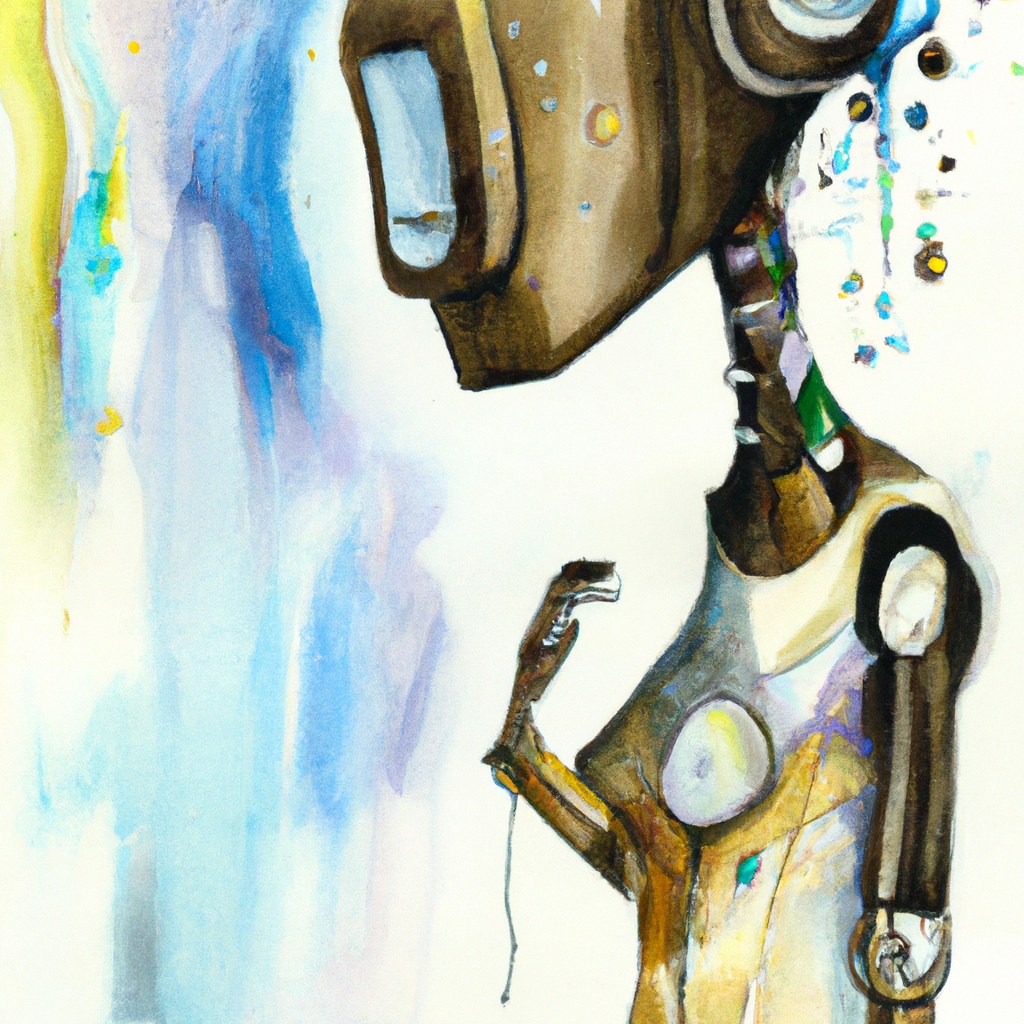The following article has been written by an artificial intelligence algorithm and edited by human beings.
AI is an area of computer science that has seen incredible advances in recent years. It has proven to be an invaluable tool in many areas, such as healthcare, finance, and transportation. Despite these advances, AI is still far from perfect and has a long way to go before it can fully replace humans in many areas.
First, AI is limited in its ability to learn and adapt. AI algorithms are programmed to accomplish a specific task and cannot think outside the box. They are also limited by the data that is fed into them and can only learn from that data. This means that AI cannot think and learn as humans do.
Second, AI is limited in its ability to interact with its environment. AI algorithms are not able to sense their environment in the same way humans do. This means that AI is not able to process and respond to its environment in the same way humans can.
Third, AI is limited in its ability to make decisions. AI algorithms are programmed to follow a particular set of rules and cannot make decisions based on intuition, emotion, or experience. This means that AI cannot make decisions the same way humans do.
In the future, we can expect AI to become more advanced and capable of learning and adapting to its environment in a more human-like way. We may also see AI become more intelligent and capable of making decisions based on more than just data.
However, it is unlikely that AI will ever be able to replace humans in many areas and is not considered a threat to humans. AI can enhance human capabilities and make our lives easier, but it will never be able to replace humans fully.
Written by AI,
Edited by Krishna Rathore and Suranjan Das.
